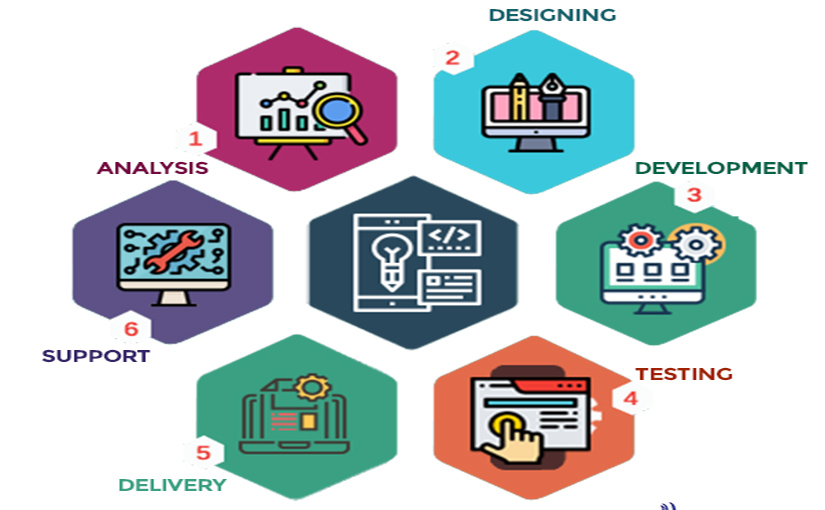Mobile App Development
What is Mobile App development?
Definition:
Mobile App Development refers to the process of creating software applications specifically designed to run on mobile devices such as smartphones and tablets. This development process involves a combination of programming, design, testing, and deployment to deliver a functional and user-friendly application that meets the needs of the target audience. Mobile app development can encompass various platforms, including iOS (Apple devices) and Android, with the goal of providing a seamless and engaging user experience.
Analogy:
Consider mobile app development as the construction of a well-designed and user-friendly vehicle. Just as a vehicle is engineered to provide smooth and efficient transportation, mobile apps are crafted to offer users a smooth and efficient interaction with digital services, information, or entertainment.
Further Description:
Mobile App Development involves several key stages:
Conceptualization: Defining the purpose, features, and target audience of the app. This phase involves brainstorming ideas and outlining the core functionalities.
Design: Creating the visual elements and user interface (UI) of the app. Design considerations include user experience (UX), navigation, and overall aesthetics.
Development: Writing the code and programming the app’s functionality. Developers use programming languages such as Swift for iOS or Java/Kotlin for Android to build the application.
Testing: Rigorous testing to identify and fix bugs, ensuring the app functions as intended. Testing also includes performance testing, security testing, and compatibility testing on various devices.
Deployment: Launching the app on the respective app stores (Apple App Store, Google Play Store) to make it available for download and use by the public.
Maintenance and Updates: Regularly updating the app to introduce new features, fix bugs, and ensure compatibility with the latest devices and operating system versions.
Why is Mobile App Development Important?
Increased Accessibility: Mobile apps provide users with convenient access to information, services, and entertainment on-the-go, enhancing overall accessibility.
Enhanced User Experience: Well-designed mobile apps offer a smooth and intuitive user experience, contributing to user satisfaction and engagement.
Brand Presence: A mobile app can serve as a direct channel for brand communication, reinforcing brand identity and fostering customer loyalty.
Monetization Opportunities: Apps can generate revenue through various monetization strategies, including in-app purchases, subscriptions, and advertising.
Competitive Advantage: Having a mobile app can set businesses apart from competitors by offering a unique and convenient way for users to interact with their products or services.
Examples and Usage:
Instagram: Instagram is a widely-used mobile app for sharing photos and videos. Its user-friendly interface and continuous updates contribute to its popularity.
Uber: The Uber app revolutionized the transportation industry by providing a convenient platform for users to request rides, track drivers, and make cashless payments.
Candy Crush Saga: A popular mobile game that showcases the success of mobile app development in the gaming industry. Its addictive gameplay and frequent updates keep users engaged.
Key Takeaways:
- Clearly define the purpose and features of the app before starting the development process.
- Prioritize user experience and design a visually appealing and intuitive interface.
- Rigorous testing is crucial to identify and resolve any bugs or performance issues before the app is released to the public.
- Continuous updates and maintenance are essential to keep the app relevant, secure, and compatible with the latest technologies.
- Launch the app on major app stores to reach a broad audience and ensure visibility.
- Stay informed about evolving technologies and user preferences to adapt and enhance the app over time.
- Prioritize security measures to protect user data and ensure a secure experience.





